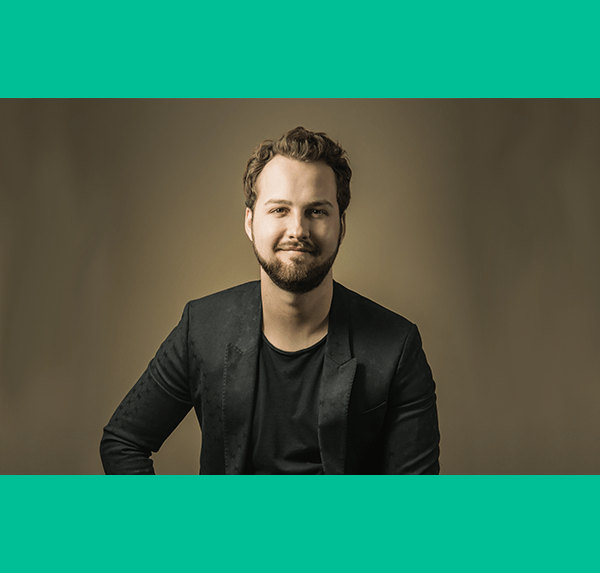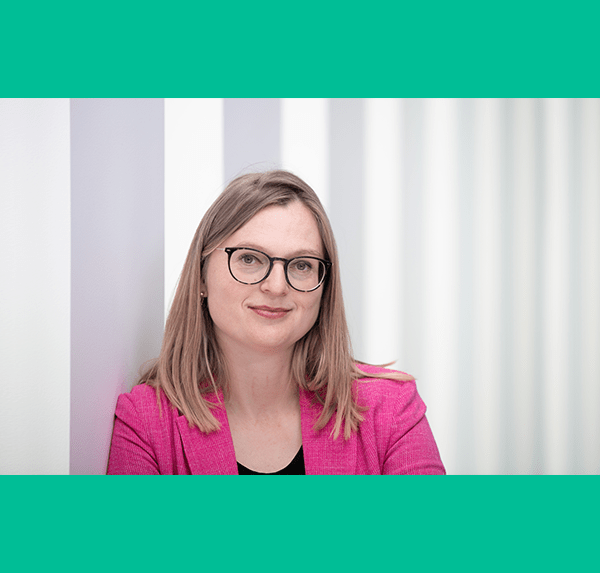Alumni Success Talks: The Rise of Sustainability and ESG in Business
In our Success Stories series, we’ve been talking to our EU Business School alumni about their careers and experience.
We recently heard from Markus Strangmueller, who works in the exciting field of corporate sustainability for Siemens, one of the world’s largest manufacturing companies.
In his talk with EU Business School students and alumni, he spoke about the growing importance of sustainability and Environmental, Social, and Governance (ESG).
The growing demand for sustainability
As Markus has experienced first-hand, there is an increasing demand for sustainability. It is now not only customers that are holding companies accountable for their environmental impact, but investors and legislators too.
Here are some of the stakeholders that are pushing companies to be more sustainable:
- Legal requirements: Many legislators are working on legislation that pushes companies towards more environmentally friendly processes.
- Customer requirements: B2B customers are encouraging suppliers to show their sustainability engagement by complying with qualifications like Ecovadis and NQC.
- Investor requirements: Investors want to focus their portfolios on companies that match ESG criteria.
- Employee requirements: By focusing on sustainability, companies can find it easier to attract young talent.
- Public opinion: The climate crisis is a key issue across the world and customers expect companies to take responsibility for the impact that they have on the planet.
Changing attitudes towards sustainability have been fuelled by the constant information we receive that highlights the influence our actions have on the environment.
For example, nine ‘planetary boundaries’ define different things that people must be kept for the planet habitable:
- Climate change*
- Novel entities*
- Stratospheric ozone depletion
- Atmospheric aerosol loading
- Ocean acidification
- Biogeochemical flows*
- Freshwater use
- Land-system change*
- Biosphere integrity*
*These boundaries are currently operating beyond the zone of uncertainty (high risk).
Transforming the everyday to create a better tomorrow
In order to transform our planet and make a sustainable contribution that will benefit tomorrow’s generations, companies need to make changes.
According to experts, six transformations are required in order to achieve the sustainable development goals that have been laid out:
- Digital revolution
- Human capacity and demography
- Consumption and production
- Decarbonization and energy
- Sustainable cities
- Food, biosphere and water
Based on these six areas that require transformation, Siemens portfolio addresses most of them with its business fields digital industries, mobility and smart infrastructure. As the climate crisis continues increase in severity, the company is taking a more active role in striving for change.
Markus explains how at Siemens, they believe it’s important to take a comprehensive, 360-degree view of sustainability.
This approach is known as the DEGREE framework, which sets clear priorities for sustainability at Siemens.
Decarbonization: work on meeting global emissions targets
Ethics: create a culture of trust, focussing on ethics and data handling.
Governance: use state-of-the-art systems for effective and responsible processes.
Resource efficiency: promote circular processes and dematerialization.
Equity: foster diversity, inclusion and community development.
Employability: enable staff to stay resilient and relevant.
These sustainability activities are going to be crucial for Siemens in their drive towards offering more environmentally friendly products and services to their customers, investors, and the general public.
It’s not just down to one company
Of course, addressing climate issues is not the work of a single company, and sustainability measures must be embedded at all levels in order to make a difference.
Markus believes the entire value chain needs to work towards its own sustainability standards, and that large companies like Siemens have a responsibility to ensure that their supply chain is as sustainable as possible.
Just two years ago, Siemens introduced their own ‘ESG risk radar’. This means that, with customer projects undertaken, the company carries out an automatic evaluation of the potential ESG risks that they could be responsible for.
In these analyses, the firm looks at risks from a location, partner, customer, and regional perspective to ensure that their projects are beneficial to both business and planet.
Key takeaways from Markus’ presentation
The attendees at Markus’ presentation left with an in-depth knowledge of ESG and sustainability means in the modern business world.
Drawing on experiences from his own career working at Siemens, Markus is passionate about the role of large corporations in combatting climate change. He finished his presentation with three key takeaways that he hoped listeners would obtain from his presentation.
Sustainability is here to stay
Sustainability is not just a trend that people will forget about in a few years. Sustainable development, sustainability and ESG are critical factors– and they will only increase in importance over the next few years.
It’s important that students, professors, business professionals, and the general public familiarize themselves with what sustainability means so that they can help make a change.
The importance of outside-in thinking
Traditionally, many companies have focused solely on profits regarding their operations. Nowadays, it is important to adopt an outside-in approach whereby business professionals consider the outside environment in all of their decision-making.
It’s time to act now!
No matter who you are – whether you’re studying for your degree or you’re the CEO of a company – everyone should do what they can to adopt more sustainable practices in their day-to-day lives.
Markus urged listeners to reflect on their habits and behaviours and think about how they can affect the environment.


Making a difference at EU Business School
At EU Business School, we are acutely aware of the impact business and corporations have on the environment.
Therefore we now include sustainability models in many of our course programs. As we teach the next generation of business professionals, it’s important to instil within them the importance of caring for the environment and improve awareness of how their actions can affect the planet.












